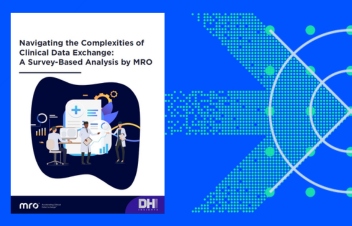Earlier this year, MRO and CHIME surveyed more than 180 leaders at health systems to better understand the challenges of bidirectional exchange of clinical data with payers across seven common use cases: prior authorization, risk adjustment, care management, quality reporting and submission, claims adjudication, claims appeals, and payment integrity audits. Respondents were polled on both technical and operational challenges of sharing information with their payer partners.
Regardless of role, respondents generally agreed on many matters, however two use cases — prior authorization and risk adjustment — proved to be a bit of an anomaly on numerous fronts. This suggests that health systems and their vendor partners will want to pay particular attention to these use cases as they modernize clinical data exchange workflows between payers and providers.
This report summarizes the findings of the survey. It pays particular attention to the matters of who’s responsible for managing payer data requests, the extent to which EHR access is granted to payers, and whether health systems are amenable to using third-party solutions to automate clinical data exchange. The report also notes other findings of interest, such as the adoption of Fast Healthcare Interoperability Resources (FHIR) application programming interfaces (APIs) to fulfill payer data requests and the differing approaches to data exchange among Epic and non-Epic users.


